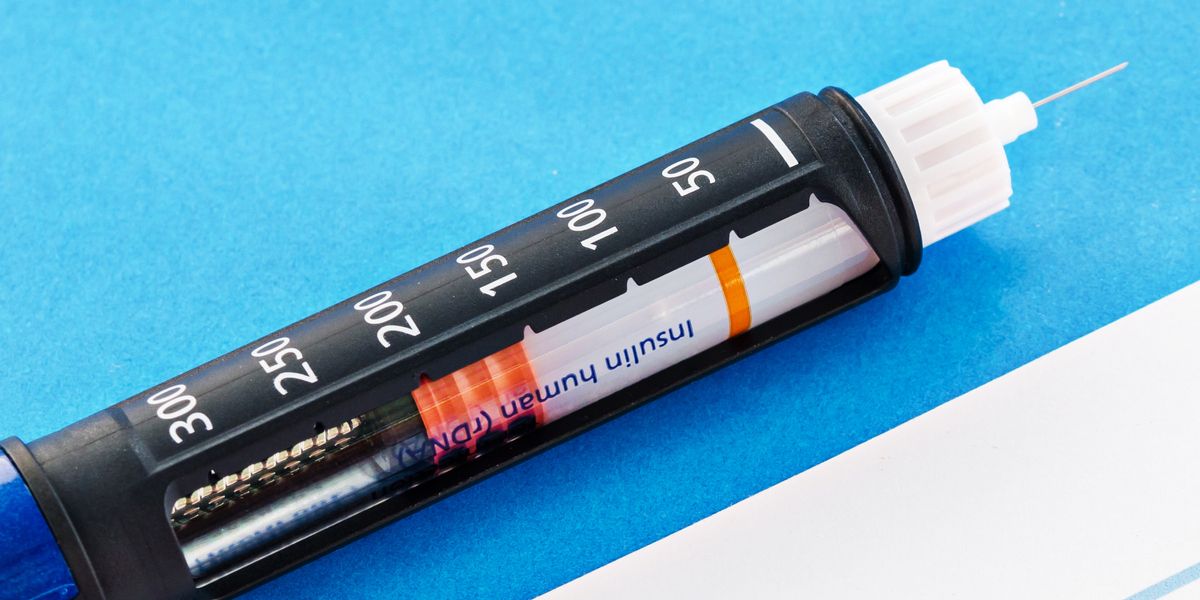The number of people aged over 16 with insulin-dependent diabetes and eating disorder symptoms is as high as one in four, a study has revealed.
Researchers from the University of Eastern Finland examined the findings from 45 past studies, looking at data from almost 11,600 people with insulin-dependent diabetes.
They say that understanding the extent of the issue is the first step in developing treatment pathways, citing Finland as an example of a country which does not have care pathways for people with both diabetes and eating disorders.
- Men at higher risk of type 2 diabetes due to pronounced insulin resistance of adipose tissue
- Scientists develop experimental type 1 diabetes drug which shields insulin-making cells from immune system attack
- Insulin shortages spark anxiety among diabetes patients
Typical eating disorder symptoms include restricting food intake and binge eating. Symptoms particular to insulin-dependent diabetes include insulin omission, which is when individuals restrict or skip insulin doses due to fears of putting on weight.
This can bring adverse effects, as doctoral researcher Pia Niemelä explained: “Intentional skipping or restriction of insulin doses will lead to weight loss, but this also maintains high blood glucose, throwing the management of diabetes off balance.”
The researchers’ findings show that one in five individuals reported deliberate insulin omission.
In total, 2,521 people across all the previous 45 studies demonstrated eating disorder symptoms.
Pia Niemelä said: “Eating disorder symptoms are often thought to affect adolescents and young adults. However, our meta-analysis shows that adults, too, suffer from eating disorder symptoms, which is why it is important to learn to identify patients with eating disorders.
“Understanding the clinical picture and its prevalence is the first step in developing treatment and care pathways.”
- Breakthrough oral insulin delivery system shows promise in early studies
- Insulin sensitivity benefits of medication used to treat type 2 diabetes and obesity
- Insulin spray could soon end the need for diabetes injections
The prevalence of eating disorder symptoms was higher in women than in men, a finding previously made in young people too.
The age of an individual was not found to be a factor, with eating disorders occurring regardless of age group.
People with diabetes and eating disorder symptoms are more at risk of health complications linked to diabetes, and comorbidities.
Read more in the journal Eating Behaviors.





